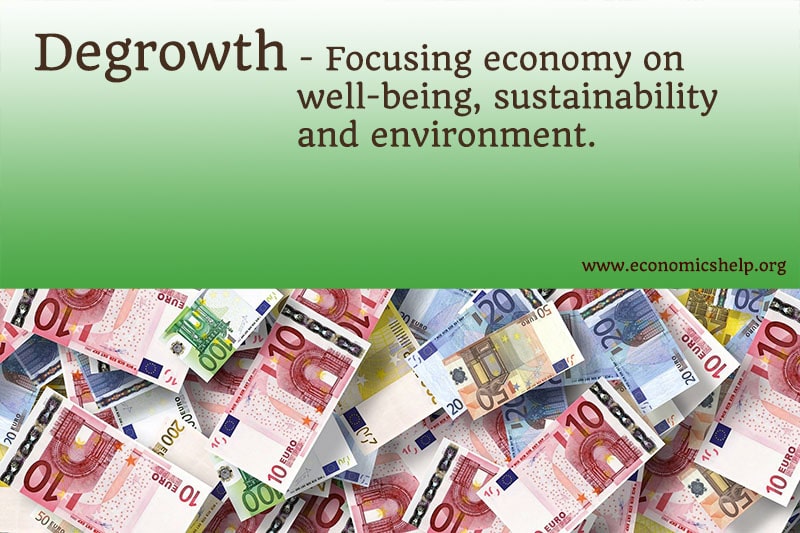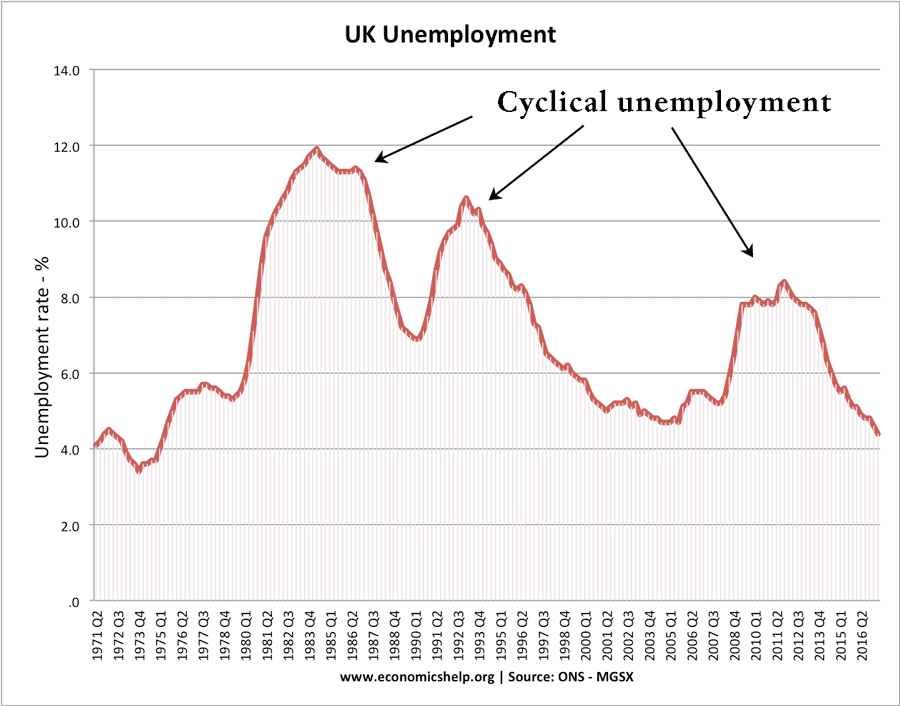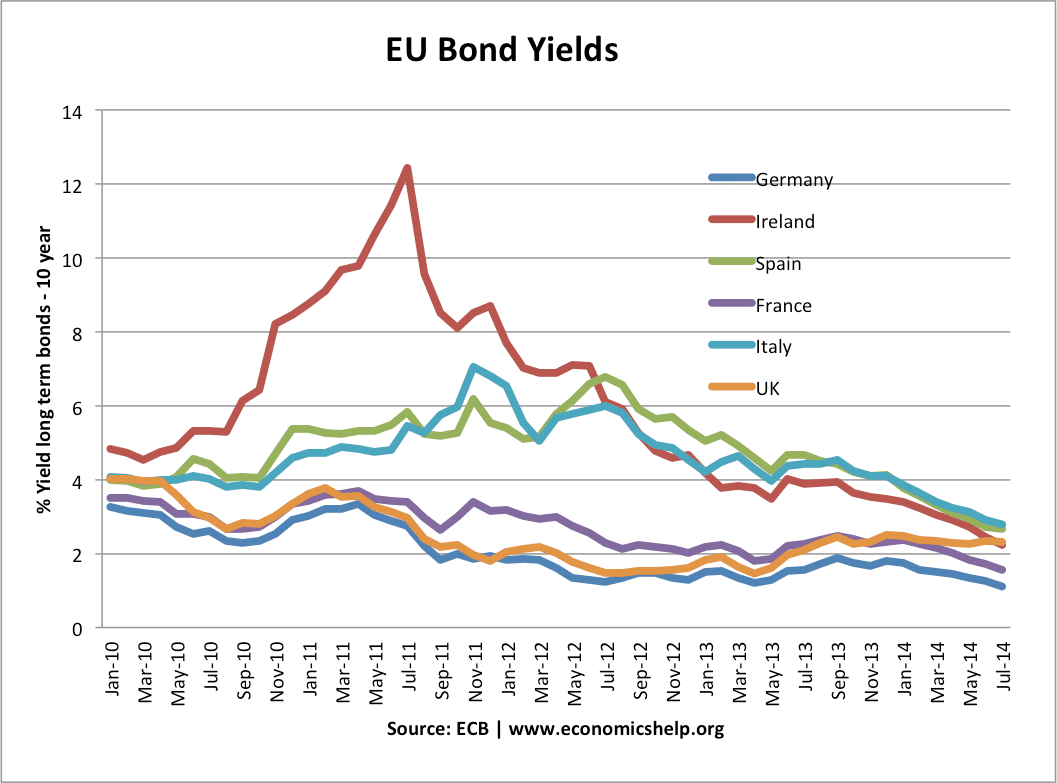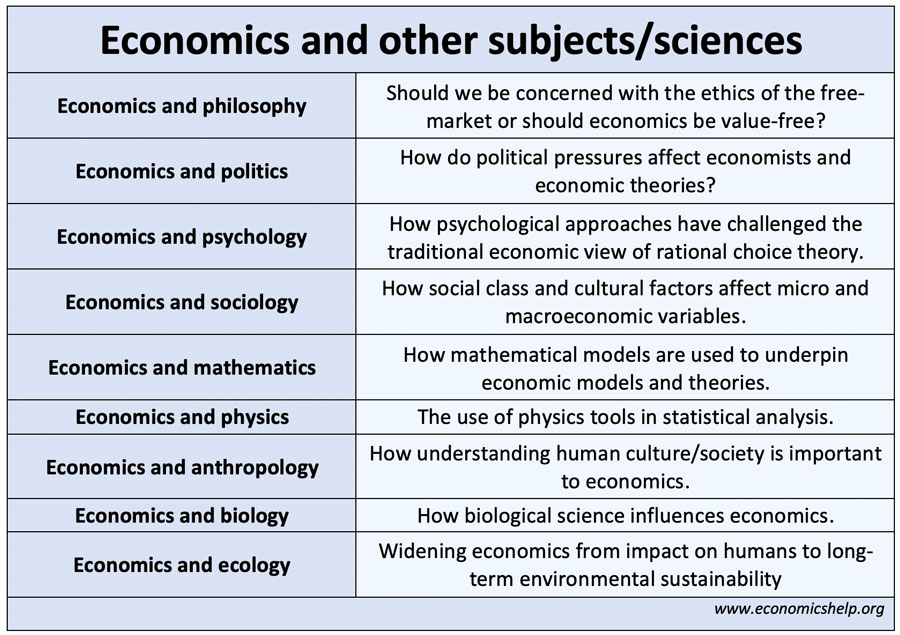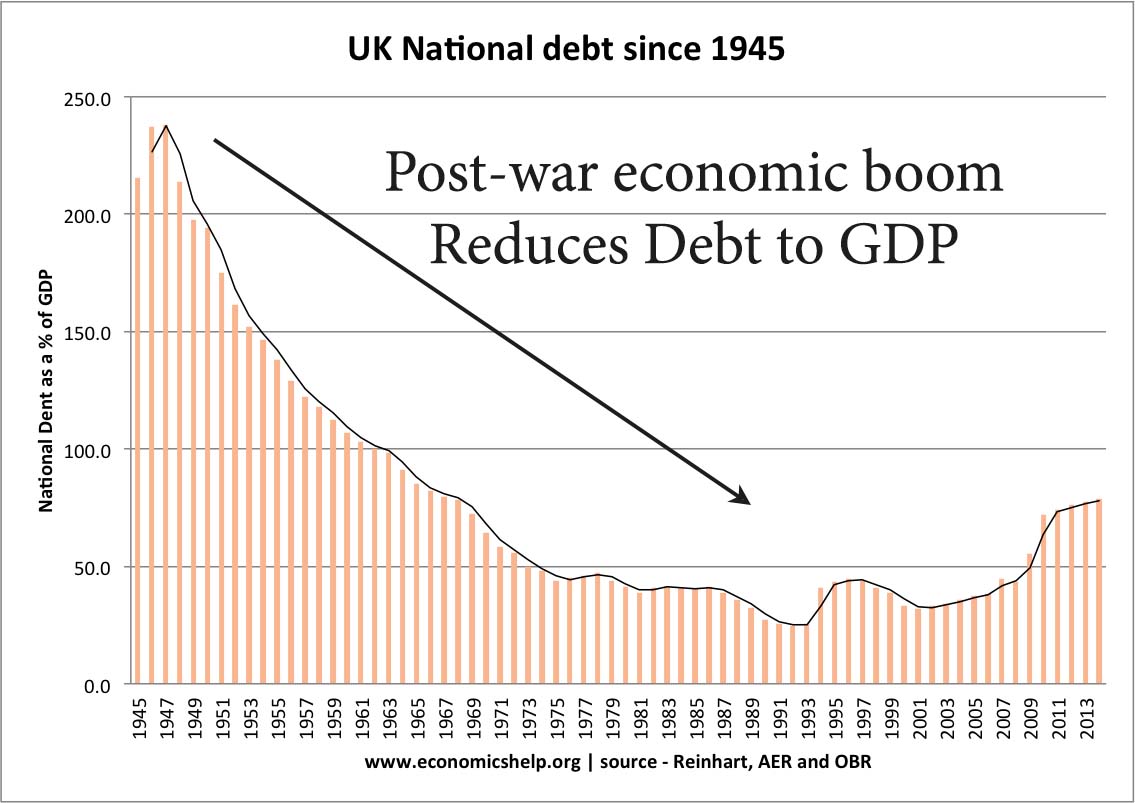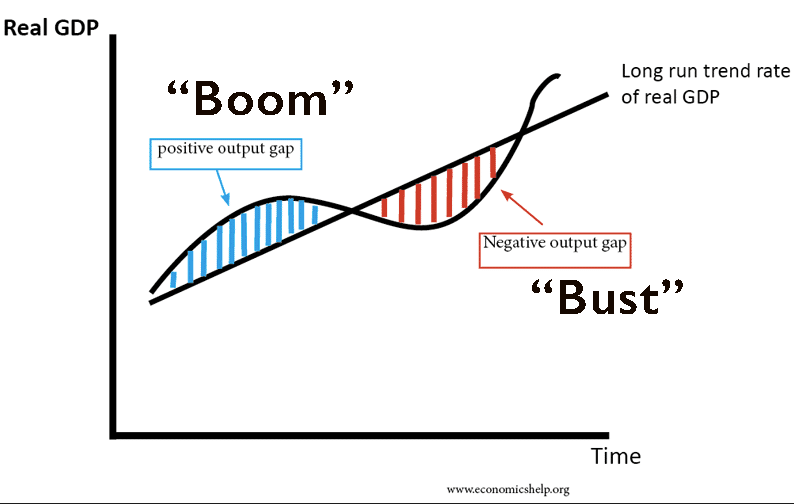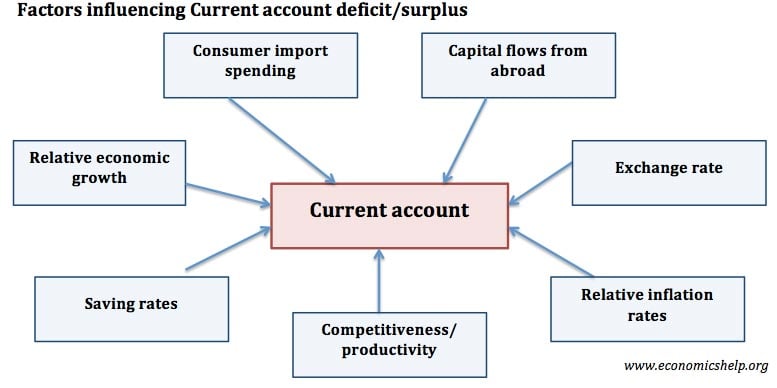Degrowth – definition, examples and criticisms
Degrowth is a political and economic theory which emphasises changing priorities of society from economic growth and production to a society based on sustainability, well-being, concern for environment and co-operation. The motives for pursuing degrowth include the need to provide environmental sustainability for the long-term and improve quality of life. Critics argue degrowth is a …

